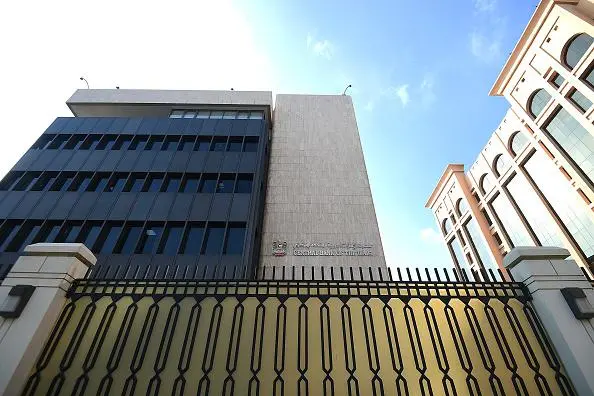PHOTO
The UAE and other GCC banks can manage the contagion risk from the collapse of the US-based Silicon Valley Bank (SVB), Signature Bank and troubles at Credit Suisse.
Analysts and economists say that local banks and firms have limited or no exposure and the regional lenders also enjoy the strong support of the governments, which is key for the financial sector and regional economies.
According to global ratings agency S&P, five of the 19 banks it rates in the region have only more than five per cent of their assets in the US, while four had more than five per cent of liabilities to counterparties in the US.
“Generally, GCC banks would have limited lending activity in the US and most of their assets there would be in high-credit quality instruments or with the US Federal Reserve Bank,” S&P said, adding that “GCC banks’ US portfolios have contributed to unrealised losses, but the overall amount appears manageable.”
SVB earlier this month became the biggest American bank to fail since the 2008 financial crisis. State regulators closed New York-based Signature Bank also, becoming the third-largest failure in US banking history.
The Swiss bank Credit Suisse also received a $54-billion lifeline from the government to shore up investor confidence as the collapse of the US banks caused worry among investors about the resilience of the financial system.
In light of the banks’ good funding and liquidity profiles and expected government support in case of need, Mohamed Damak, primary credit analyst at S&P, said the chance of GCC banks having to sell meaningful volumes of investment securities appears limited. “Nevertheless, if they did, and all unrealised losses crystallised, the impact would be on profitability rather than on capitalisation for the majority of rated banks,” he said.
Damak added that GCC banks would need to use only about 24.9 per cent of their 2022 net income, on average, to absorb the estimated revaluation losses.
He stressed that the UAE, Qatar, Kuwait and Saudi Arabia as highly supportive of their respective banking systems. “Consequently, we expect extraordinary support to be forthcoming to these banking systems in case of need. These countries have a strong track record of supporting their banking systems in times of stress,” he added.
James Swanston, an economist at Capital Economics for the Middle East and North Africa, said exposure to the SVB crisis appears to be limited in the Mena region.
Vijay Valecha, Chief Investment Officer, Century Financial, said the Middle East is not significantly impacted by any signs of troubles brewing in the banking industry outside the region.
“The overall Saudi economy is extremely resilient as it shrugged off the slowdown brought on by the pandemic and rebounded 8.7 per cent last year. The banking sector in particular is thriving on account of the Kingdom’s Vision 2030 initiative. Furthermore, the broader economic boom in the GCC region has strengthened the economic and financial health of the region. GCC banks enjoy strong fundamentals with increasing profitability, improving asset credit quality ratios, and strengthening capital positioning. The market capitalisation of these banks has held firm despite global macroeconomic headwinds,” added Valecha.
The Century Financial CIO said the dynamic in the GCC banking sector is solid because the pandemic compelled banks to introspect their cost curve and make significant improvements.
Copyright © 2022 Khaleej Times. All Rights Reserved. Provided by SyndiGate Media Inc. (Syndigate.info).




















